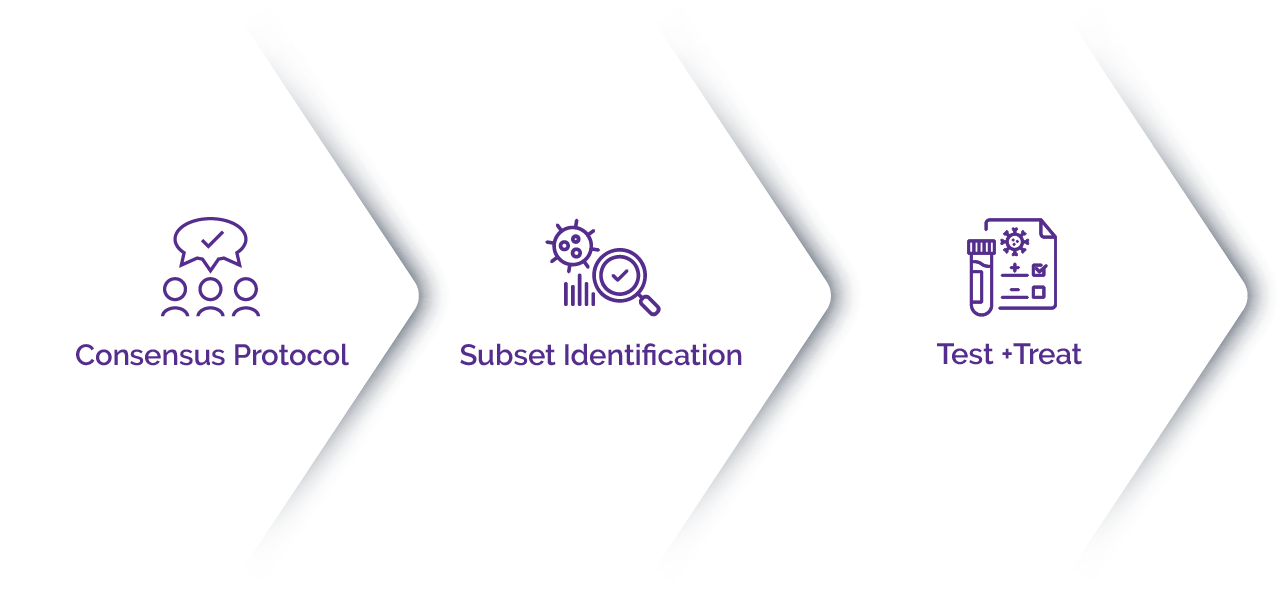
Mission
Increasing evidence points to a key role of infectious agents in the pathoetiology of AD. Neuroinfectious diseases such as syphilis, HIV, neuroborreliosis, and others, provide meaningful clues that tailored anti-infective treatment can reverse dementia in specific cases. This is the first organized effort to precisely address this research question.
Formal proof that infection plays a central role is lacking. Proof will require:
Identification of the pathobiome in individuals at risk of AD.
Delivery of tailored antimicrobial therapy to determine whether targeting specific microbes detected can, or can not, hold back the development or progression of AD.
-
To gather experts from different disciplines globally to draft a research roadmap highlighting key issues, needs, and existing research.
-
To develop a consensus strategy to detect microbes in obtainable patient samples, and to determine which samples and procedures are most accurate.
-
Using the consensus testing panel, enroll a prospective cohort of patients to “test and treat” the subset of individuals with evidence of current or ongoing infection.
This initiative has the potential to better understand the drivers of inflammation and pathology encountered in AD and other dementias. Beyond the current application in Alzheimer’s and other dementias, this consensus approach may also be applied to understand the role of microbes in other neurologic and psychiatric diseases as well as in organ and body systems beyond the brain.

